
A 30-year-old man celebrating a year of sobriety after 8 years of cocaine addiction and 14 years of drug abuse said that “this time last year, I was worthless, but now my life has purpose and meaning”.
Jordan, who did not wish to share his surname, had been using cocaine regularly since his early twenties until he sought help for his addiction last October. His battles with drug and alcohol abuse began in his teens, after he lost his dad – who himself had a “massive issue” with drugs and alcohol – when he was 13.
Following his dad’s death, Jordan, who now lives in Brighton, spent his teenage years feeling depressed, down and low, to the extent that he would self harm. He did not have many friends, but in his mid-teens he started going to house parties, where he discovered “meow meow” – a stimulant drug better known as mephedrone – which was a popular party drug at the time.
“That was my first experience with drugs, and I knew at that moment that it was a bad thing, because I really enjoyed it,” he told PA Real Life.
“It gave me a new lease of life at that time – I made loads of friends, I was involved with everyone, and I felt really accepted and a part of everything. Drugs became a part of my life at that point.”
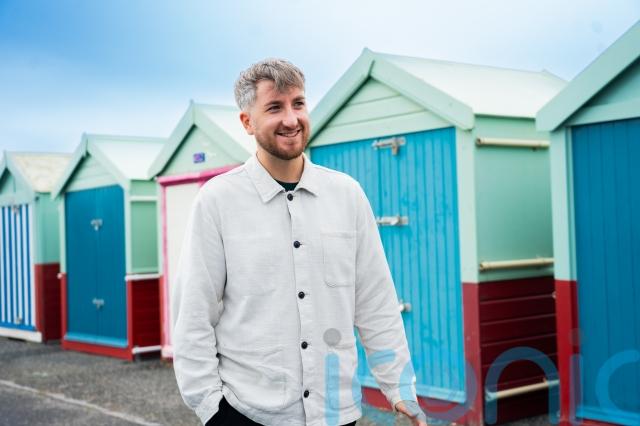
Throughout his teens, Jordan would regularly take ecstasy and mephedrone at parties, before moving on to smoking cannabis on a daily basis. He said he enjoyed the “lifestyle that comes with weed… it felt a bit more socially acceptable and less hardcore than the other stuff that I had been on”, but it was in his early 20s that he moved onto cocaine.
Cocaine, a notoriously expensive drug, had been out of Jordan’s financial reach as a teenager. However, when he started working in the sports industry and was earning a good wage, he began taking cocaine on a regular basis.
While cocaine, a Class A drug, is often used as a social substance due to its stimulant properties that make the user feel confident, excited and energetic, Jordan found he much preferred using it by himself.
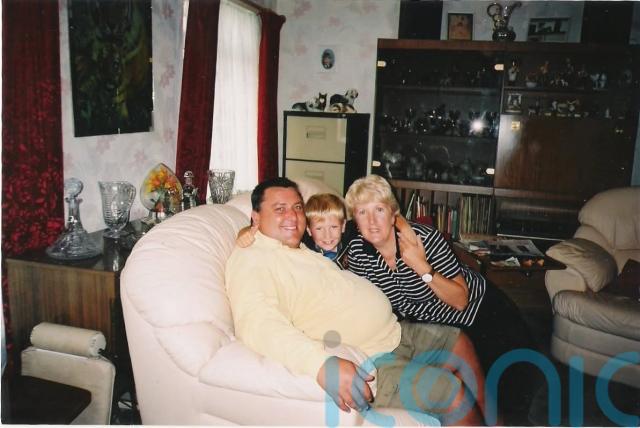
“The issue,” he said, “was that I didn’t want to do it socially. I wanted to do it on my own.”
Cocaine use comes with myriad risks. It increases heart rate which can cause seizures, heart attacks or strokes, and regular use can lead to feelings of depression, anxiety and paranoia. The stimulant effects of the drug last just 30 to 40 minutes on average, making users crave more and more.
Jordan would invite his friends round to his home to drink and take cocaine “until the birds start tweeting in the morning”, he said.
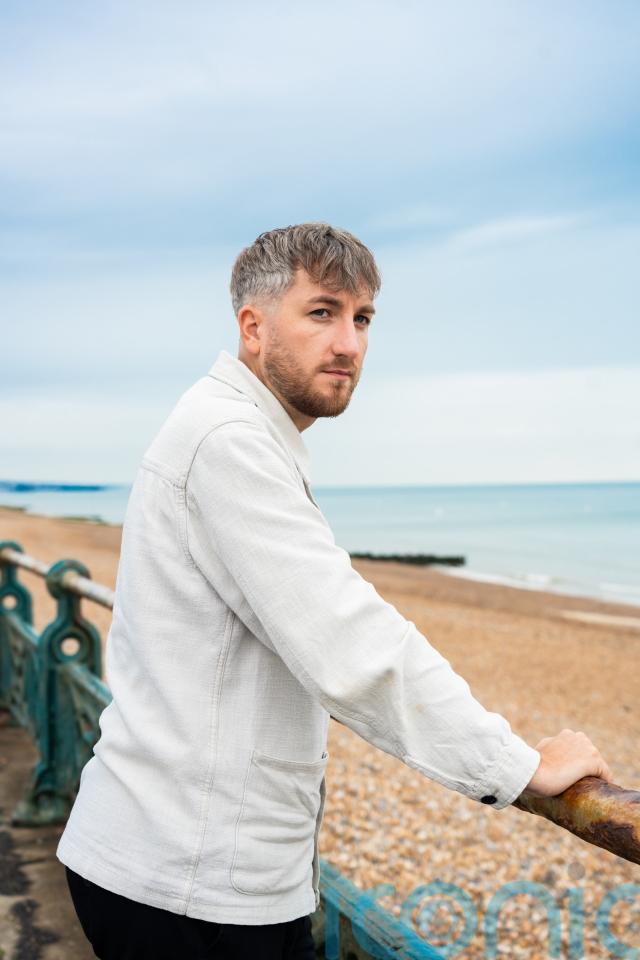
“That was just such a regular occurrence, until suddenly I felt that doing it with other people wasn’t really for me anymore,” Jordan continued.
“So it got rapidly out of hand. Suddenly, what was every weekend became five days a week, six, sometimes every day. When it was at its worst, it was literally every day, as much as money would allow me.”
Jordan said he wouldn’t use cocaine while he was at work, but his downtime was dominated by the drug. Whenever he wasn’t working, he’d wake up “almost itching” for it, waiting for his then-girlfriend to leave for work so that he could meet his dealer.
“I always mention the Witching Hour, that moment when you finish work,” he said.
“I’d finish about four or five in the evening, and I knew that I would have the place to myself until about seven or eight. That period of boredom and being lonely was when my addiction really thrived, because it was (about) getting it in quickly, doing as much as I can in a short period of time, and then, when my girlfriend comes home from work, completely pretending like I haven’t had anything.
“That is pure insanity.”
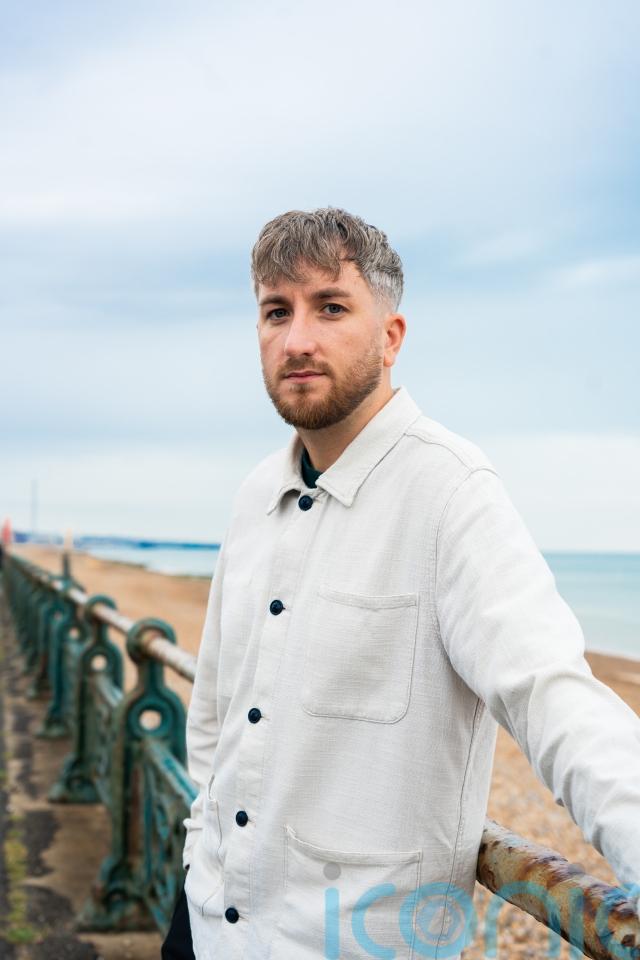
Eventually, Jordan was “on the brink of losing everything”.
“I’d been lying to my mum about the need for money, saying it was for council tax, etc, but actually it wasn’t. I was getting myself into all sorts of trouble and all sorts of bother. And she was ready to get rid of me, didn’t want anything to do with me, the family were all saying I’m a waste of space. So I was about to lose my connection with my mum.
“My girlfriend was ready to leave, desperate for me to do something, just disgusted in me. I was always off work sick, I was under performing. I was a liability. And I just completely lost any sort of friends, because I wouldn’t do anything, I wouldn’t show up. I wouldn’t be at birthdays. I wouldn’t go to events.
“So I was on the brink of losing everything, being kicked out, being completely jobless and homeless.
“There was a moment when I was looking up at the ceiling, and I thought that actually the only way out of this mess, because I was in such a big hole, I thought the only way out was to kill myself.”
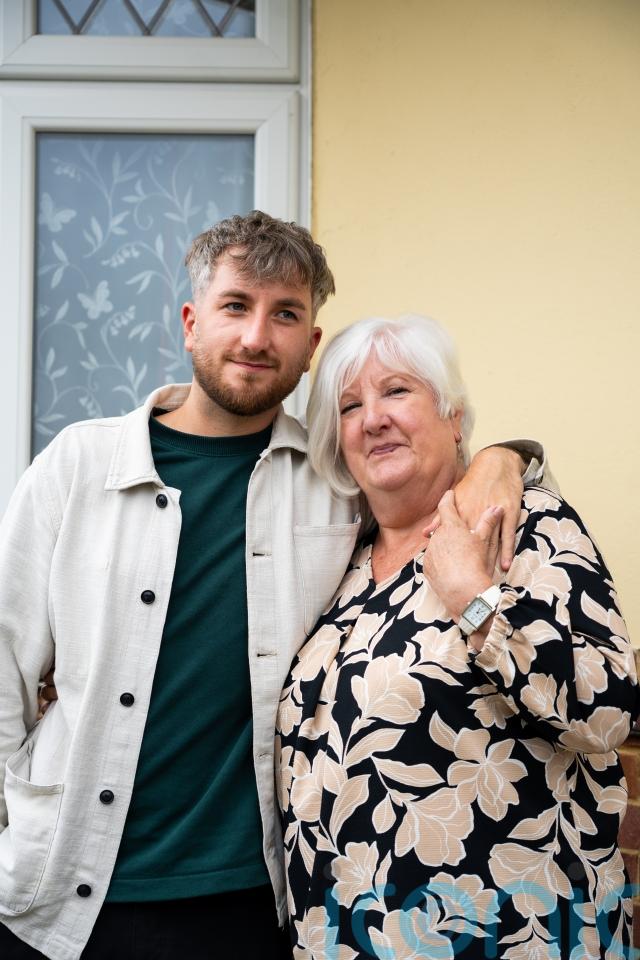
Jordan had tried to quit the drug multiple times, even managing several weeks clean at points, but he always found that he’d relapse since he didn’t have a knowledgeable, trained support network around him.
This experience is frighteningly common. According to a new national survey commissioned by Priory – the UK’s largest independent provider of mental health and adult social care services including mental healthcare, learning disability and addiction support services – 1 in 6 people say someone in their family is currently living with addiction, yet 62% of those affected haven’t received any professional help.
The data also shows that, like in Jordan’s experience, 15% of people in the UK feel addiction has affected multiple generations of their family, highlighting the importance of seeking support before reaching crisis point.
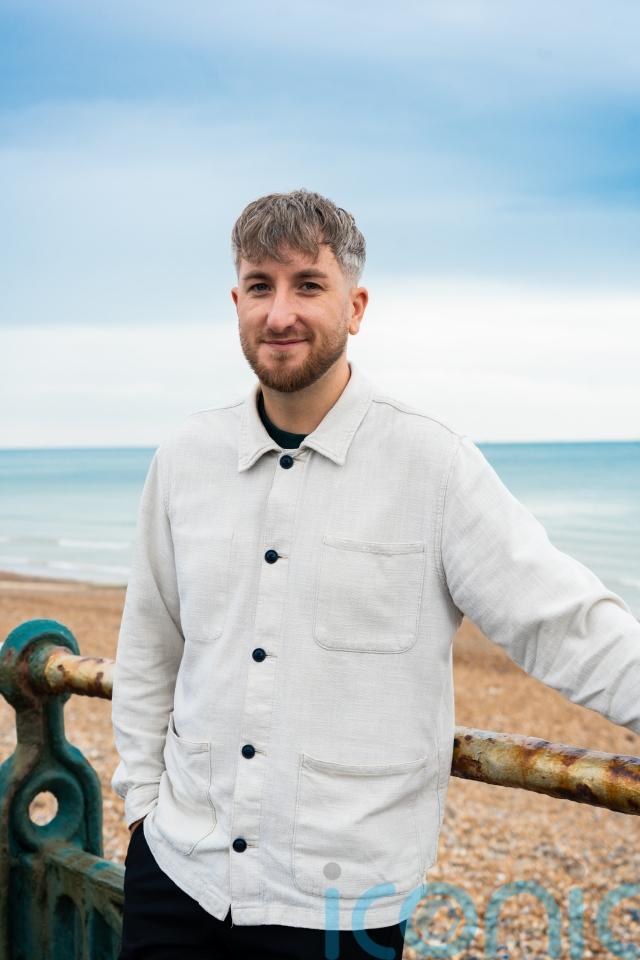
Eventually, for Jordan, enough was enough. He contacted a psychiatrist who recommended he check in to an in-patient rehabilitation centre, and he agreed to enter rehab with Priory.
“I had the most insane blowout in the last few days before I went in, and got it out of my system,” said Jordan, who admitted he “used excessively” in the days leading up to his admission.
“It was horrible, it was just disgusting, the levels it took me to, the darkness… just a really horrendous place to be.”
Despite his preconceptions of what rehab would be like, Jordan found the Priory Hospital Hayes Grove in Bromley to be welcoming, safe, and completely non-judgmental. He found solace in sharing the experience with others in a similar position, and during his 28-day stay he was able to not only physically detox from the substance he’d abused, but do the emotional work necessary to leave the drugs behind.
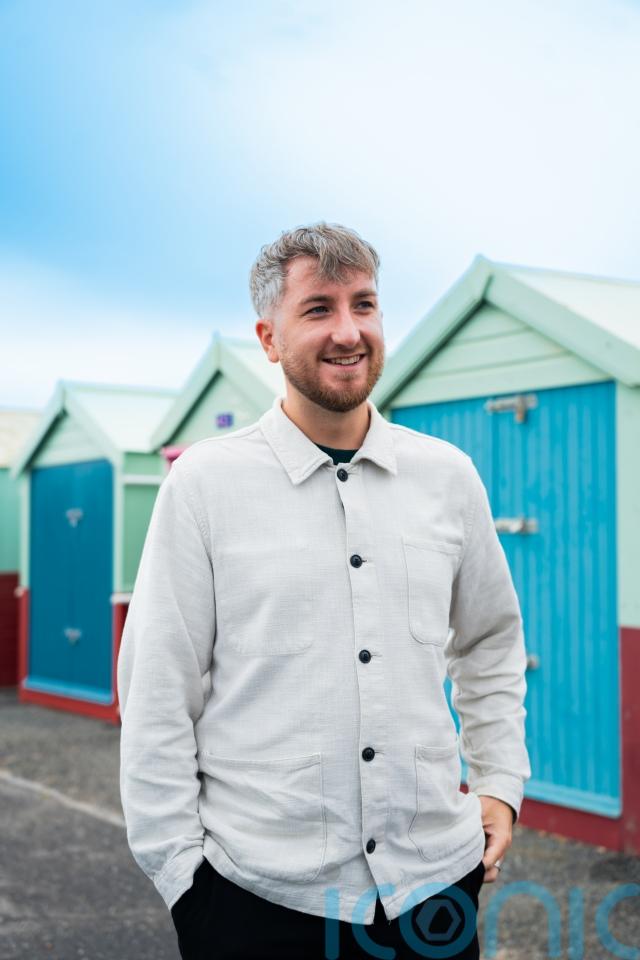
“My head exploded whilst I was in there, because I was coming round to the fact that I’d been suppressing all these emotions and thoughts for so many years,” he said.
“As you come round and sober up, you realise there’s a lot going on up here,” he added, tapping his temple.
“In recovery, I’ve had to do a lot of dealing with things in here, but doing it in the proper way that doesn’t involve picking up a bag and getting completely out of my head. Being able to address things how they should be addressed.”
Having entered rehab on October 6, 2024, Jordan has just celebrated a year of sobriety, and he said that attending Alcoholics Anonymous and Cocaine Anonymous meetings at least four days per week has kept him on the right track. A year on from his treatment, he says his relationships are improving, he’s doing well at work, and has even just adopted a puppy.
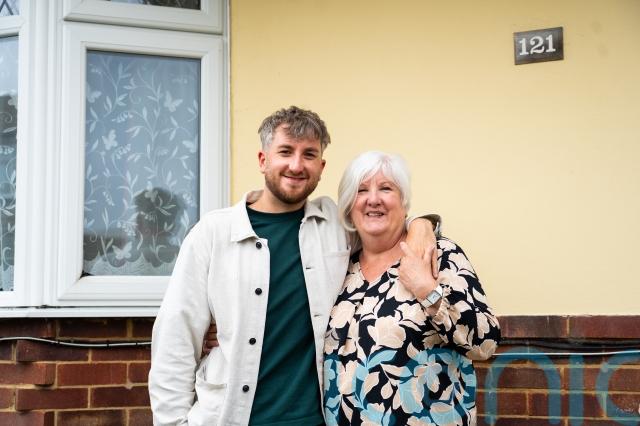
“If you’d told me this a year ago, I would have said: ‘No chance’,” he said.
“I didn’t see any hope… my body was falling apart. I was broken. But fast forward a year – it hasn’t been an easy year – but I’ve managed to get through it one day at a time.”
“I have the life that I’ve always wanted,” he added.
“I go out, I exercise and I socialise with people, I maintain friendships. Financially, things are improving. All these little things just blossom.
“All you have to do is just make sure that you just don’t pick up that drink or drug again. Because if I do that, it will all go.”
If you’re concerned about your own drinking or drug use – or someone else’s – visit priorygroup.com/breakthechain
Subscribe or register today to discover more from DonegalLive.ie
Buy the e-paper of the Donegal Democrat, Donegal People's Press, Donegal Post and Inish Times here for instant access to Donegal's premier news titles.
Keep up with the latest news from Donegal with our daily newsletter featuring the most important stories of the day delivered to your inbox every evening at 5pm.